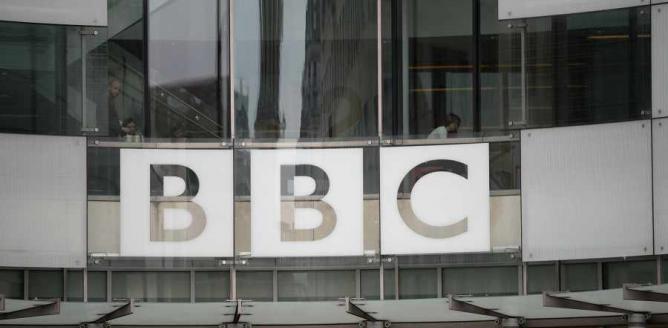After last week's revelations that male stars such as former Top Gear presenter Chris Evans are taking home more than £2m while the BBC’s highest-paid female star, Claudia Winkleman, received just £450,000 - £499,999, a large number of female presenters have written to the director general (https://www.theguardian.com/media/2017/jul/22/female-bbc-top-talent-urge-corporation-to-act-now-on-pay-and-gender) , Tony Hall, to demand the BBC act to correct the pay gap.
In the letter, they said they were seeking to address the imbalance to change the system for future generations. “The pay details released in the annual report showed what many of us have suspected for many years that women at the BBC are being paid less than men for the same work....Compared to many women and men, we are very well compensated and fortunate. However, this is an age of equality and the BBC is an organisation that prides itself on its values. You have said that you will ‘sort’ the gender pay gap by 2020, but the BBC has known about the pay disparity for years. We all want to go on the record to call upon you to act now.”
Greater data transparency is clearly a powerful lever for greater equity. The BBC’s experience will have sent shudders through many UK corporate boardrooms. Unlike the BBC, none will have to give details of everyone earning more than £150,000; that requirement was a condition of the BBC’s charter renewal. But about 9,000 large UK employers will have to file data on their gender pay gap by April next year and the figures will be accessible to all on an official website.
A recent survey published by Mercer showed a large degree of scepticism on the part of employers with fewer than half saying they think the reporting requirement will make a difference. One in 10 disagreed with the whole principle which they said is “unlikely to provide an accurate view and results could have a negative impact on firms which are genuinely being proactive in this area”.
But there is a simple remedy against misinterpretation: companies can explain themselves. The same Mercer survey showed that 70% intend to publish a “narrative” alongside their figures. At TWF, we think the important thing is for firms to describe what they intend to do about tackling gender inequality given that pay gaps are more a symptom than the root cause. Basically, as Sophie Walker, the leader of the UK's Women's Equality Party, wrote in last week's Guardian "The gender pay gap is a symptom of the structural barriers that women face which can be seen at every level of working life and across every industry. It thrives on the unconscious bias that goes unchallenged by the surplus of white men in decision-making roles, and is magnified by occupational segregation, unequal caring responsibilities and pervasive stereotypes that intersect with class, race, age, sexuality and disability".
Companies looking for inspiration on this front can look to TSB which revealed a 31% gender pay gap last week and took the opportunity to announce a new campaign to attract more women into financial services, noting that many talented women leave due to “cultural challenges”. The bank, which said it would publish its pay gap data on the government site next week, added that it would begin drawing up gender-balanced shortlists when recruiting at all levels. It also said it would offer programmes to ensure better succession planning for women to reach executive roles. The BBC must be wishing it had taken a leaf out of TSB's playbook....





















